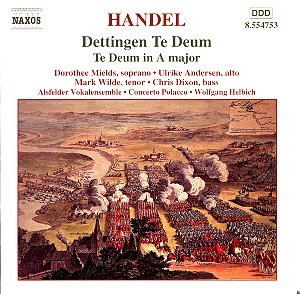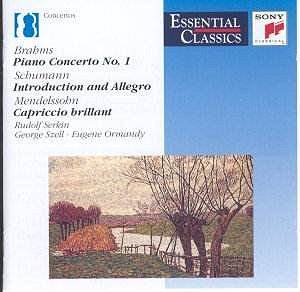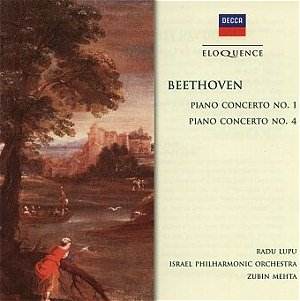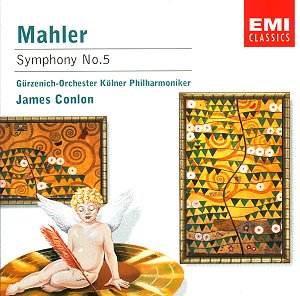 Composer: George Frideric Handel
Composer: George Frideric Handel
Works: Te Deum in D major, HWV 283; Te Deum in A major, HWV 282
Performers: Dorothee Mields (sop), Ulrike Andersen (alto), Mark Wilde (ten), Chris Dixon (bass), Alsfelder Vokalensemble, Concerto Polacco
Recording: Maria Magdalenen Kirche, Templin, Germany, 12-16 August 1999
Label: NAXOS
George Frideric Handel, a towering figure of the Baroque era, composed his Te Deums in response to significant historical events, reflecting both the triumphs and the religious fervor of his time. The “Dettingen” Te Deum, HWV 283, was crafted in 1743 to celebrate the British victory at the Battle of Dettingen, while the earlier Te Deum in A major, HWV 282, showcases Handel’s ability to adapt and innovate within the framework of liturgical music. This Naxos recording presents both works with the Alsfelder Vokalensemble and Concerto Polacco under Wolfgang Helbich, providing an engaging listening experience that is both spirited and reflective.
The performance of the “Dettingen” Te Deum is particularly noteworthy for its buoyant energy and clarity. The choir, comprised of approximately thirty singers, demonstrates commendable blend and tuning, suggesting a youthful vigor. Helbich’s direction is both stylish and dynamic, ensuring that the work’s celebratory elements—marked by the rousing trumpet fanfares and the rhythmic vitality of the orchestral accompaniment—are executed with precision. The chorus’s moment of introspection in “Make them to be numbered with Thy saints” is delivered with sensitivity, balancing the exuberant sections with a reflective depth that resonates beautifully. Soloist Chris Dixon’s bass stands out for its forthrightness and clarity, effectively navigating the text with a palpable sense of authority.
Contrastingly, the A major Te Deum offers a more intimate sonic palette. Written in the mid-1720s for a smaller ensemble, this work incorporates a bassoon, an oboe, and a flute alongside strings and keyboards, resulting in a rich, mellow texture. The performance captures the work’s delicate beauty, with the winds providing a distinctive color that enhances Handel’s melodic lines. While the soprano Dorothee Mields shines in “To Thee all angels cry aloud,” her tendency to swell on sustained notes occasionally disrupts the flow. The alto, however, struggles with English pronunciation, detracting from the overall impact of her contributions.
The recording quality on this Naxos disc is clear and well-balanced, allowing the listener to appreciate the interplay between the choir and the orchestra. While the orchestral playing lacks the polish found in other notable recordings—such as Simon Preston’s interpretation on Archiv—the vocal contributions largely redeem the performance, showcasing Handel’s music in a compelling light.
Both Te Deums, while not among Handel’s most celebrated works, reveal his skill in setting sacred texts with a blend of grandeur and intimacy. This Naxos release stands as a commendable addition to the catalog, especially for those interested in exploring the less frequently performed corners of Handel’s oeuvre. The combination of vibrant choral performance and colorful orchestration makes this recording a worthwhile endeavor for both casual listeners and dedicated Handel enthusiasts alike.



